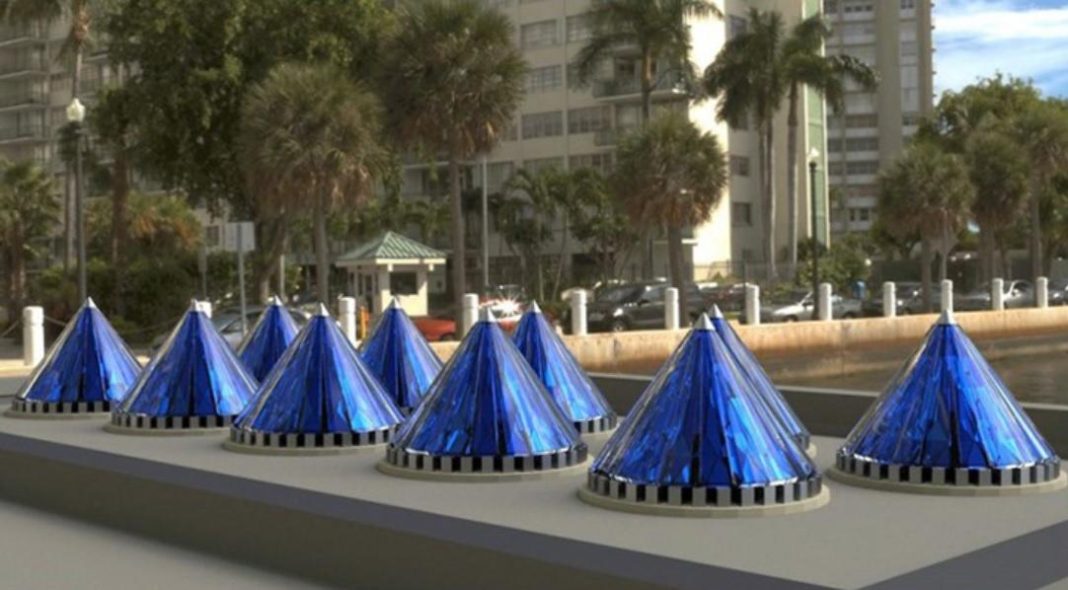Researchers from Cambridge University have been working hard developing a new type of transistor that could mean an end to the need for batteries as we know them. These devices have the ability to function for months or even years in some cases without the need to charge its battery or to even have a battery.
In an attempt to explain the dynamics of the transistor and how it works, Cambridge scientists like to use the analogy of water dripping from a leaky tap. If they were to extract energy from a standard AA battery based on this particular design it would last nearly forever. The way in which these transistors have been created allows them to run on power leakage alone, very similar to that of a PC going to sleep but not using very much power while doing so.
Arokia Nathan, one of the Cambridge scientists working on the transistor, commented about how they were able to make use of the Schottky barrier (where a semiconductor metal comes into contact with its semiconducting material) and said, “We’ve found that these Schottky barriers actually have the ideal characteristics for the type of ultra low power applications we’re looking at, such as wearable or implantable electronics for health monitoring.”
Hopefully, the new transistor will become quite useful in the Internet of Things, and this innovation may change the way we rely on batteries and being able to keep them sufficiently charged.
More News To Read











